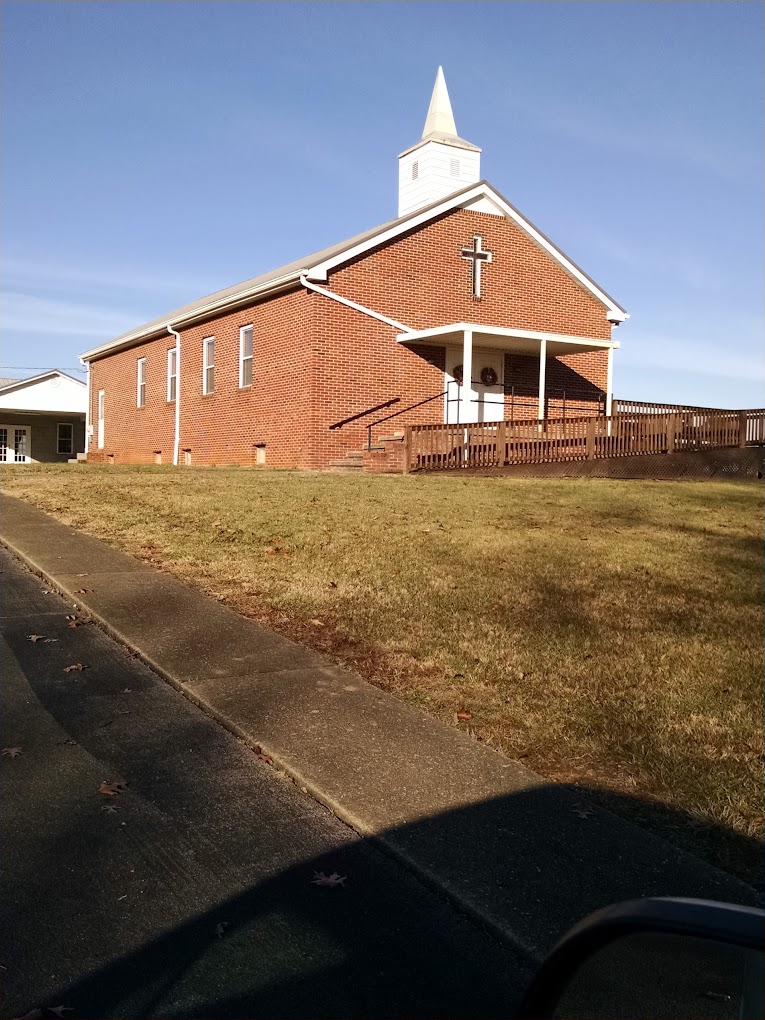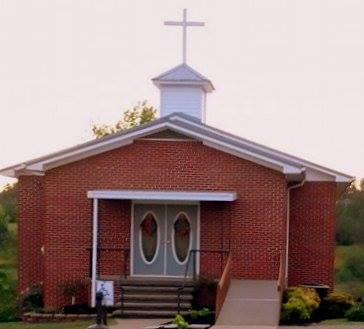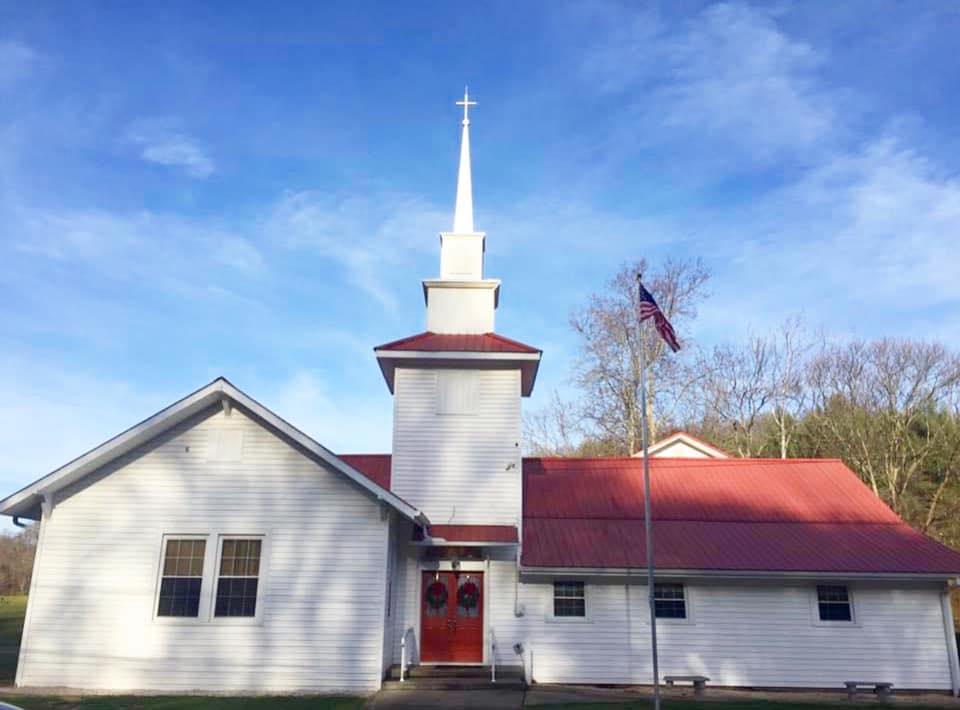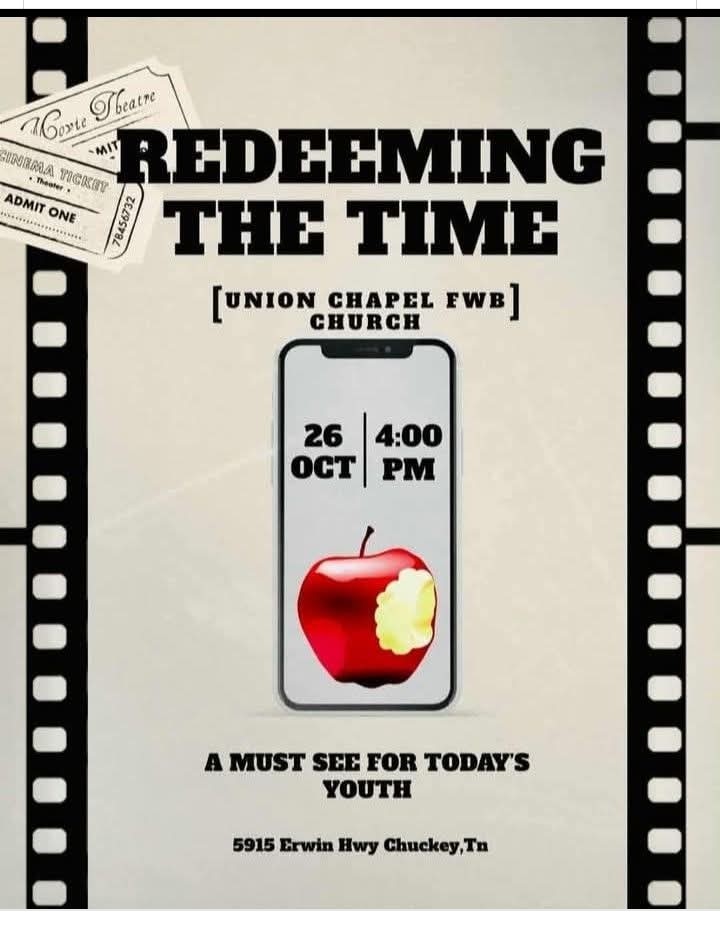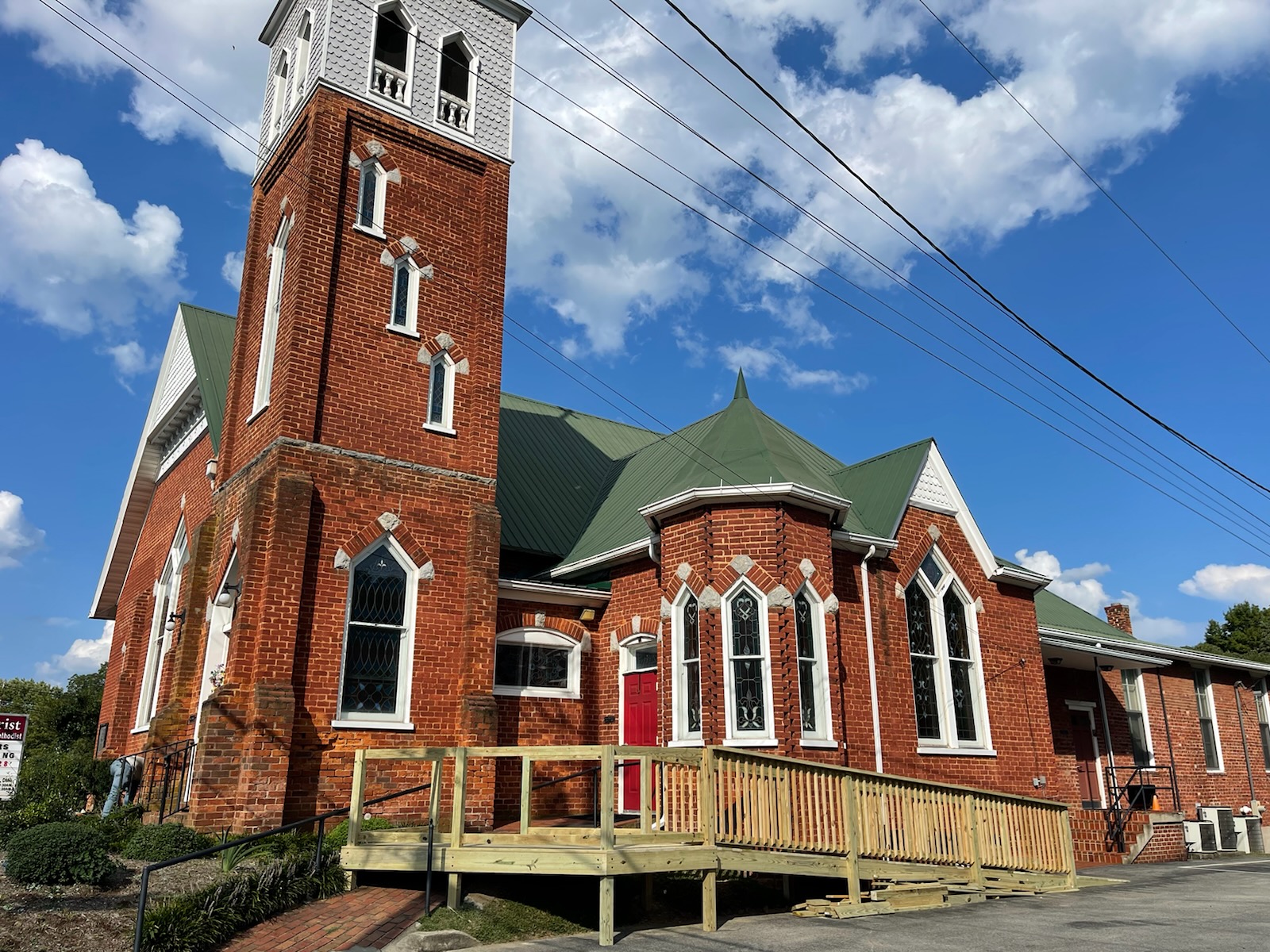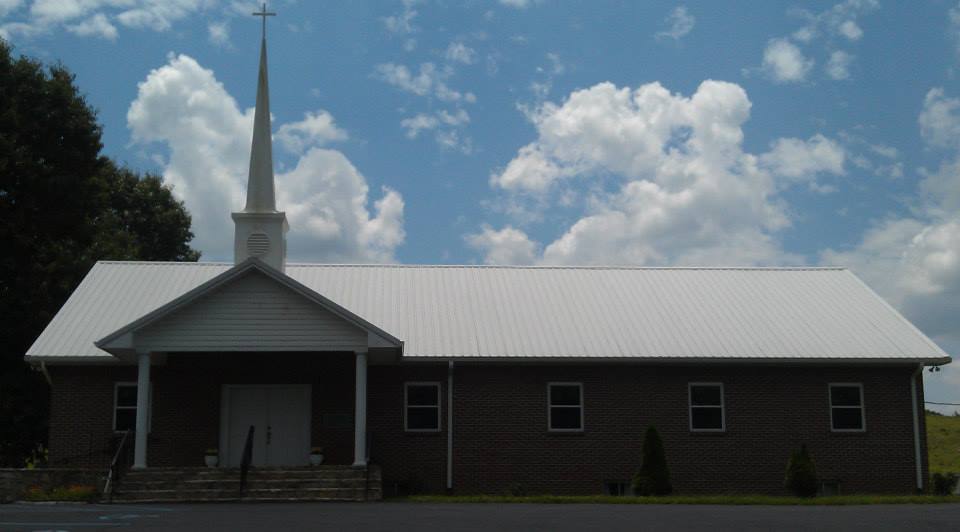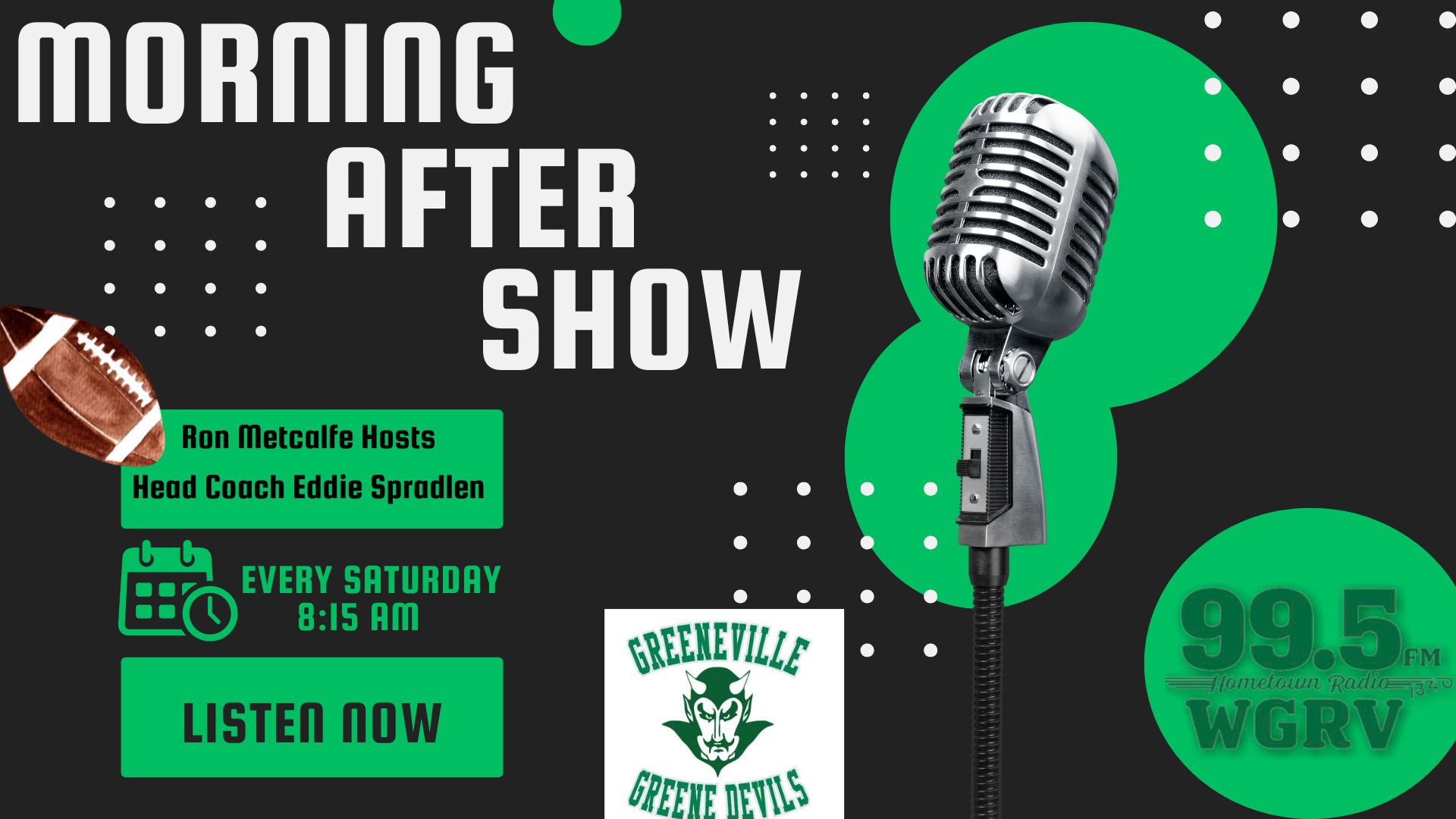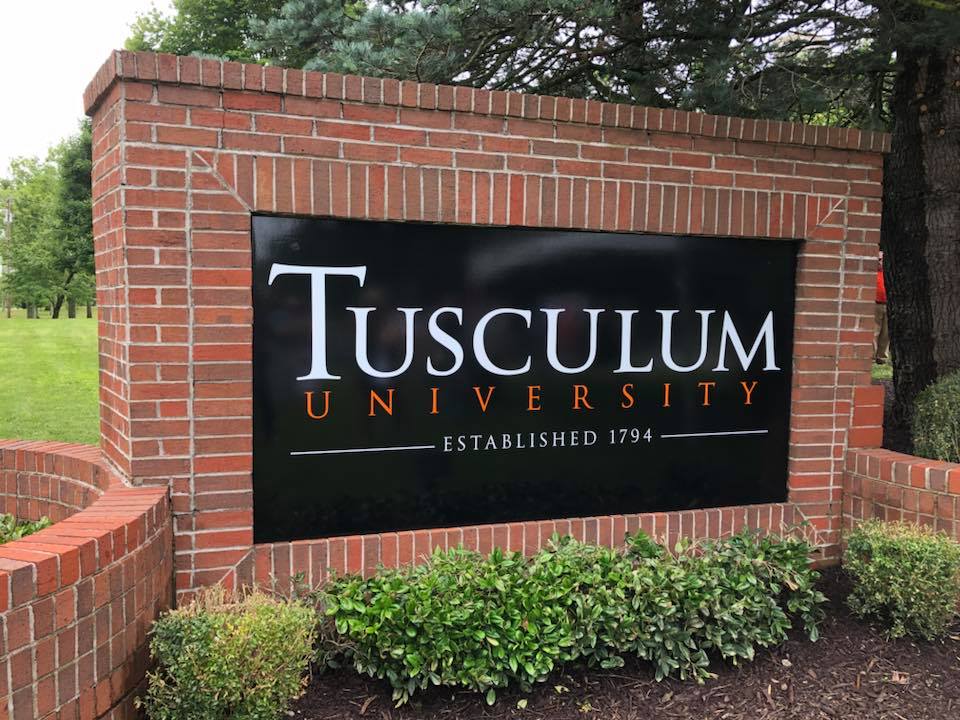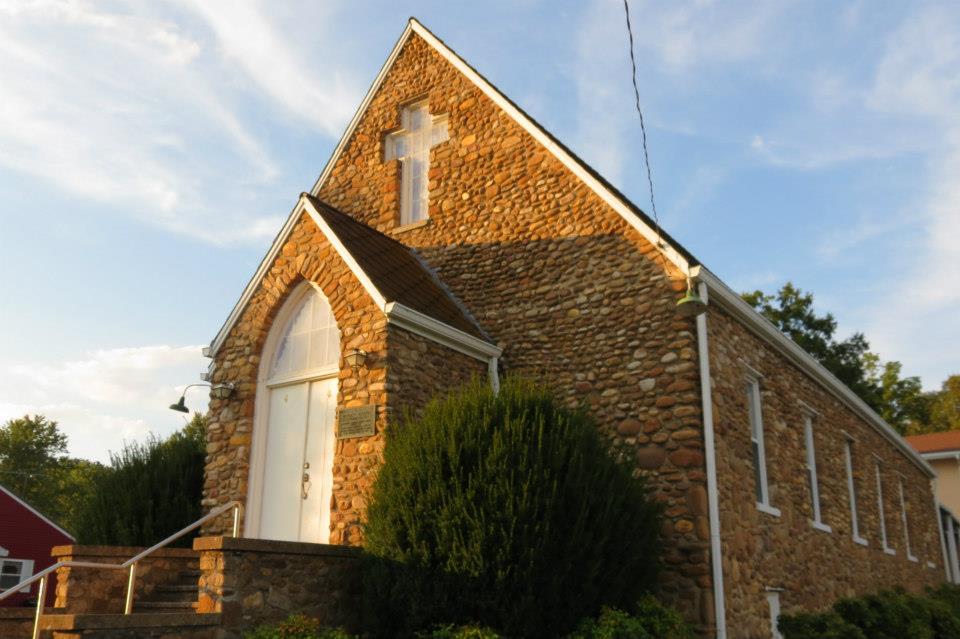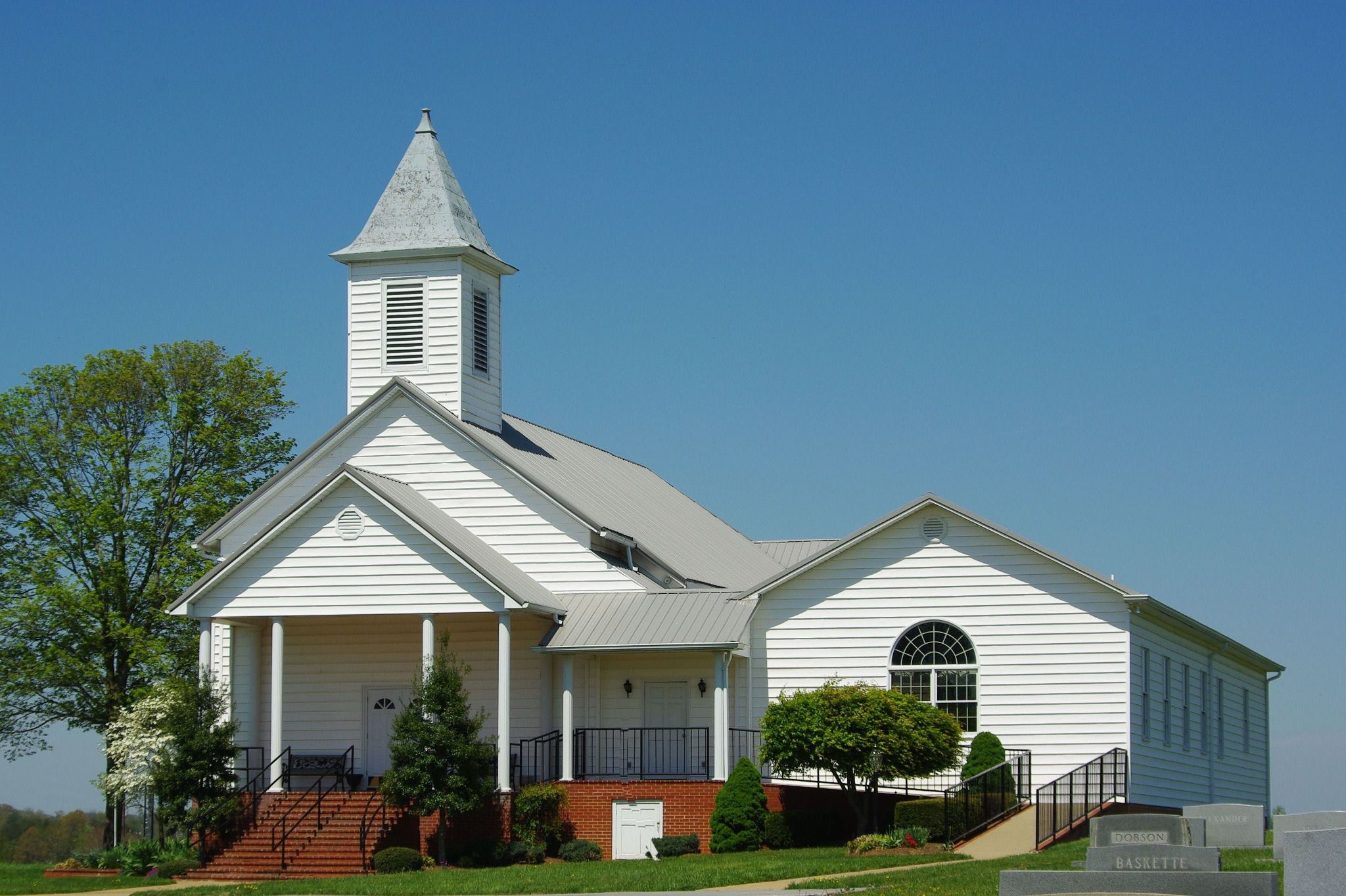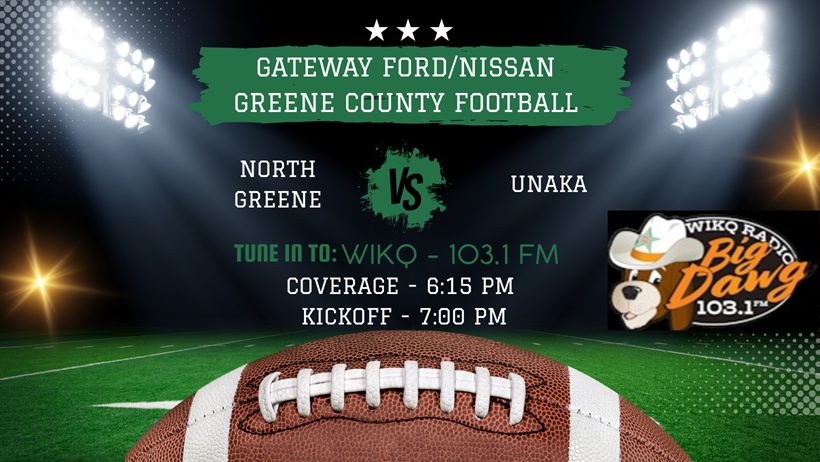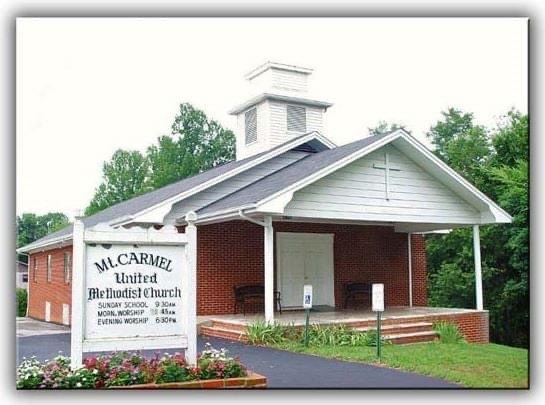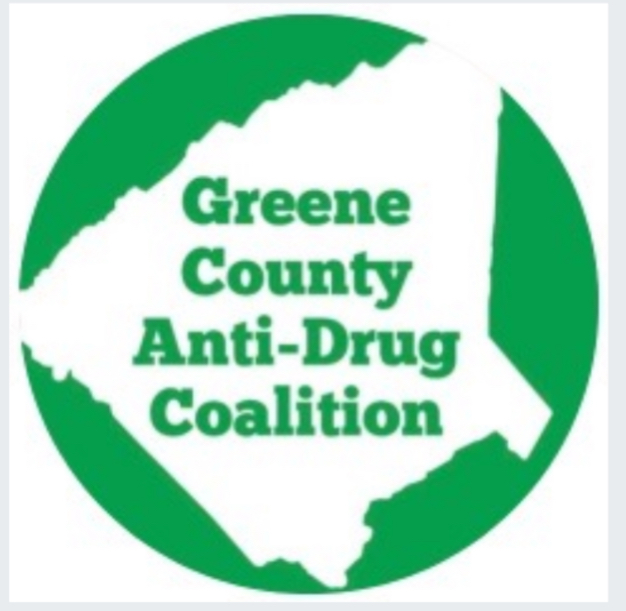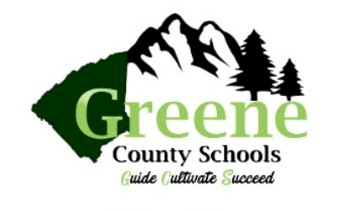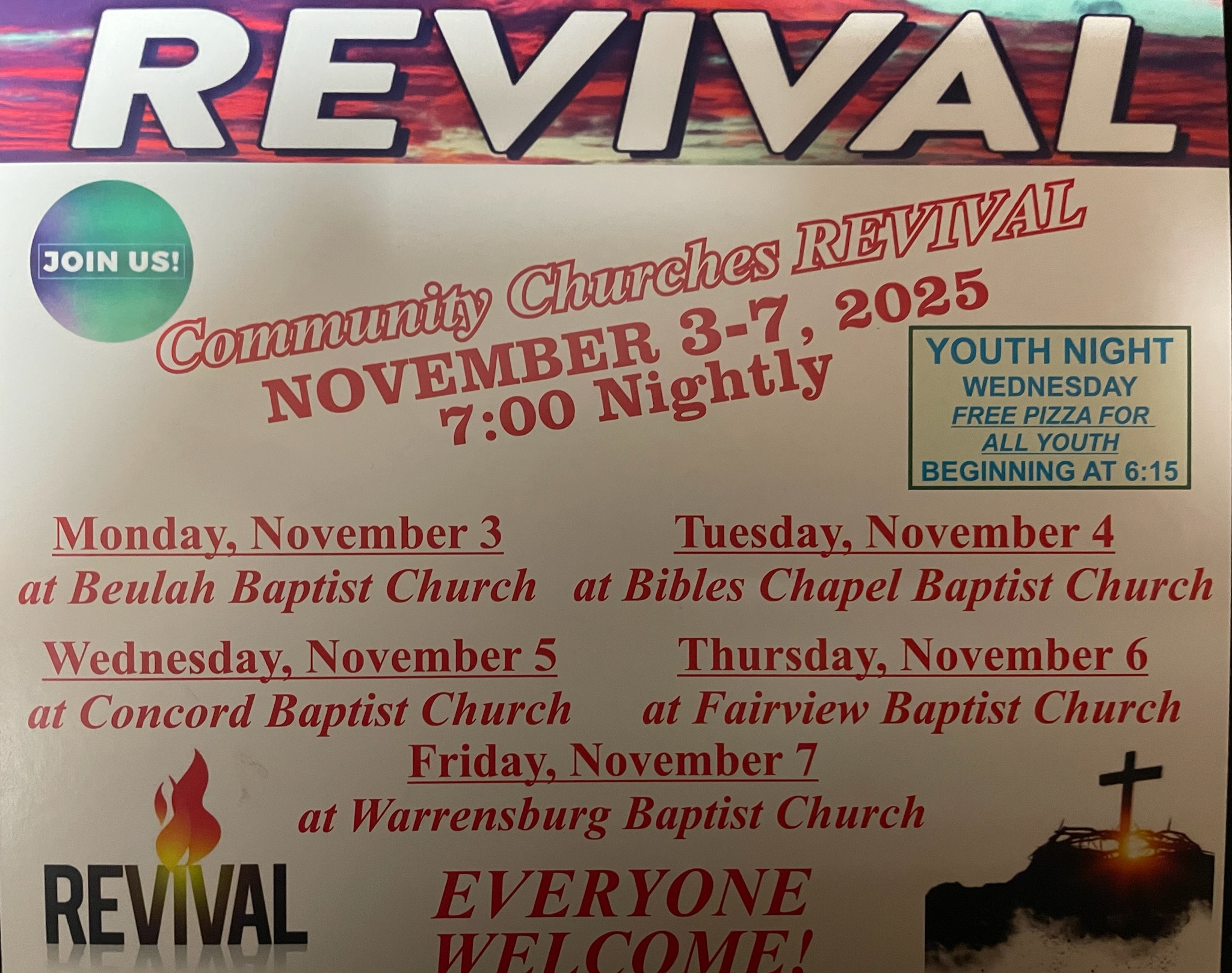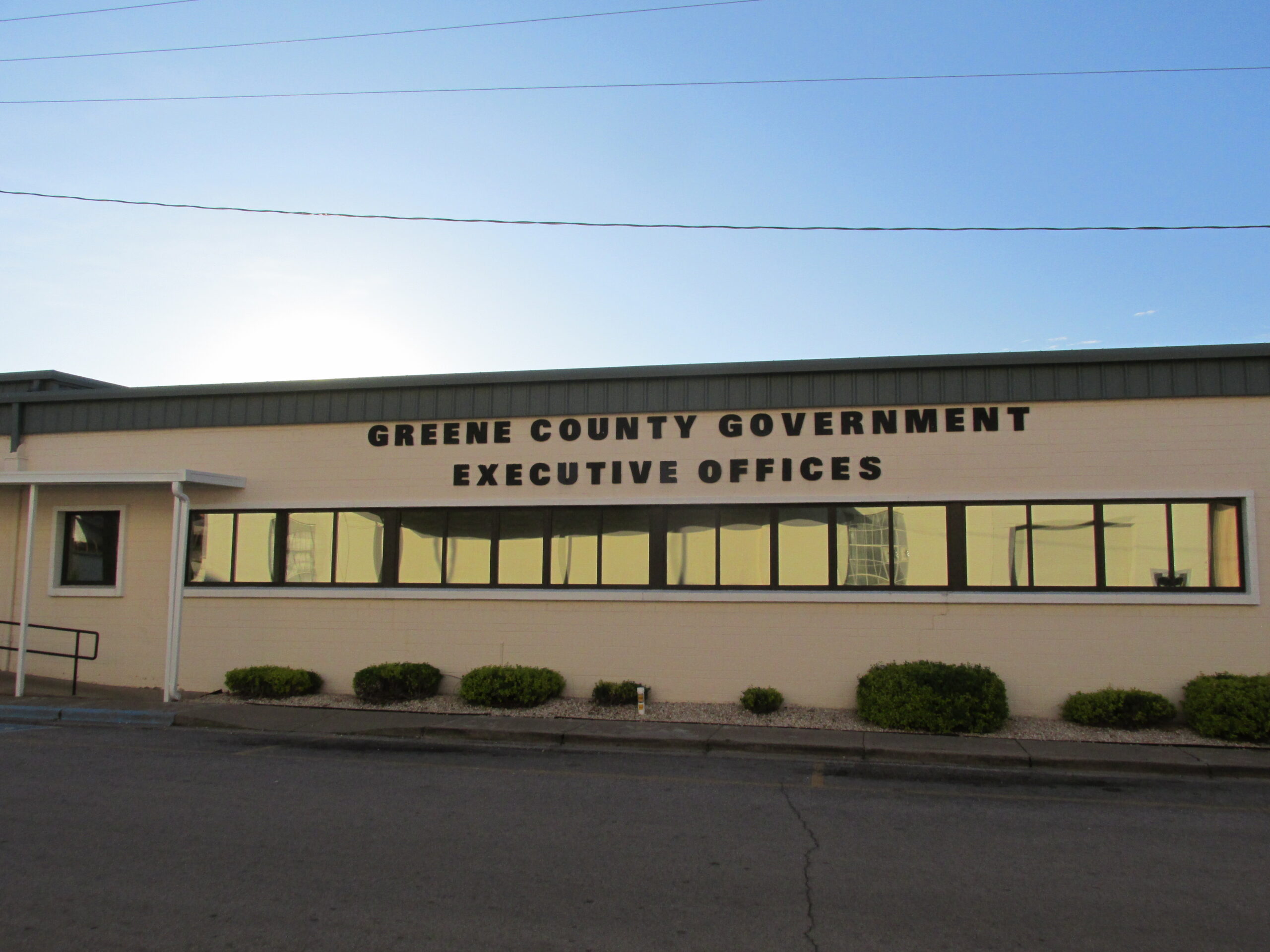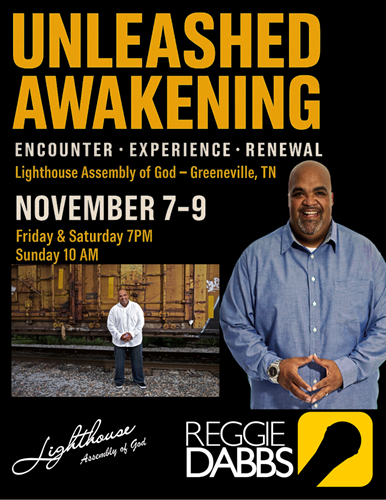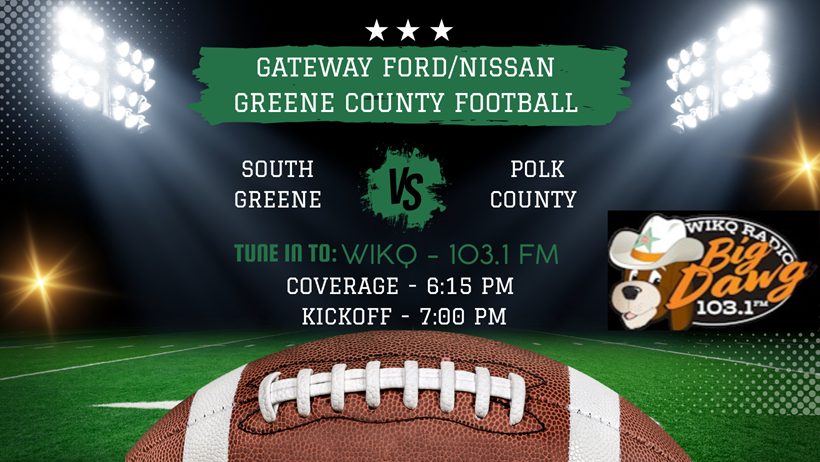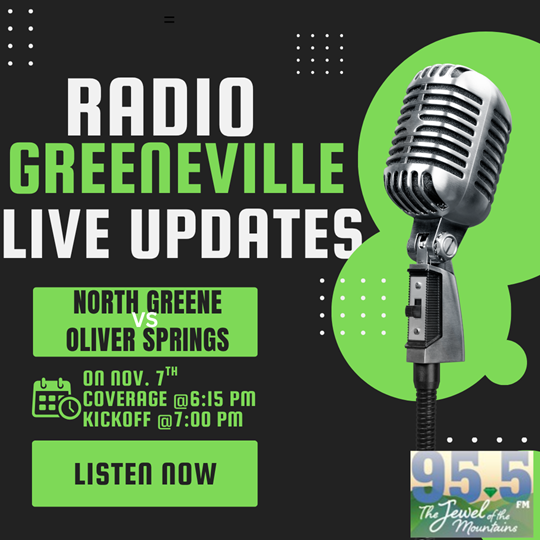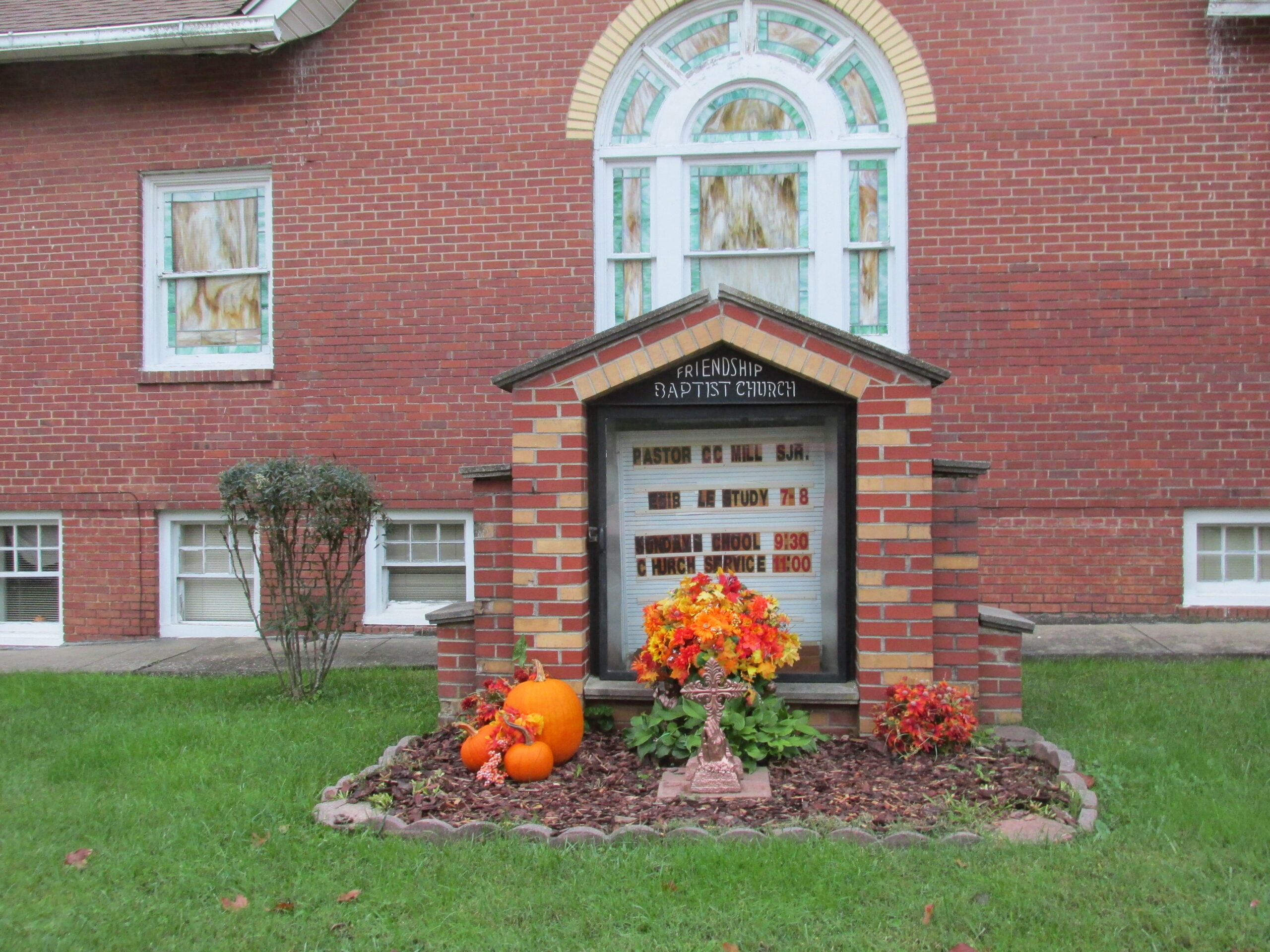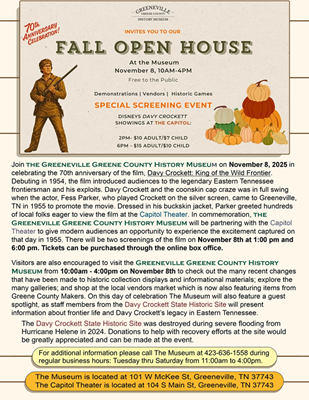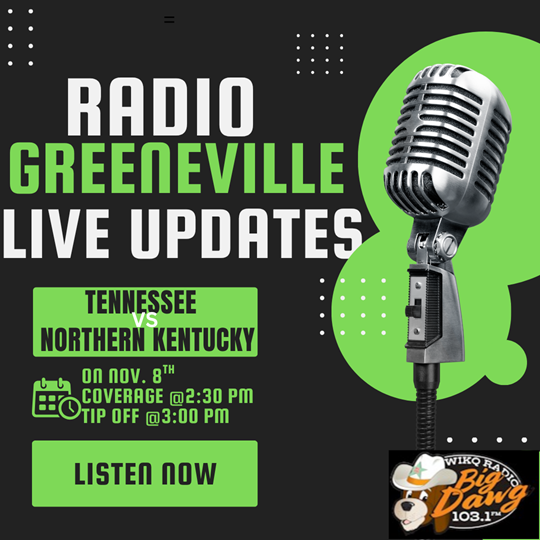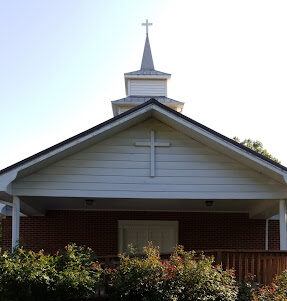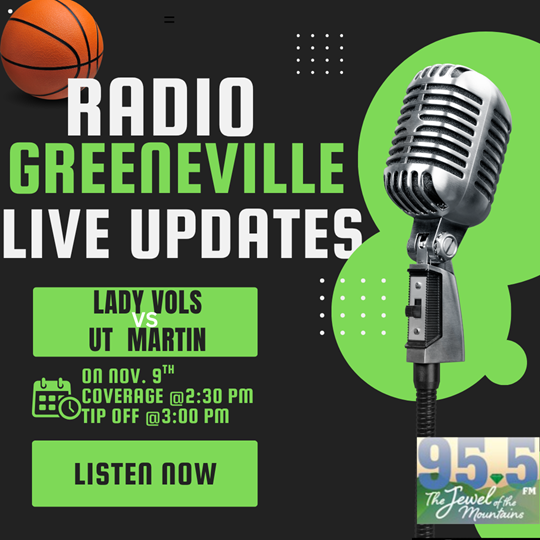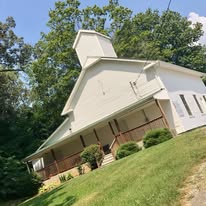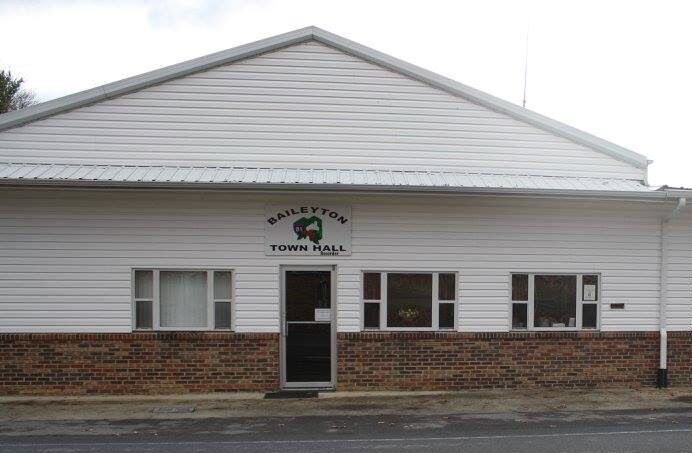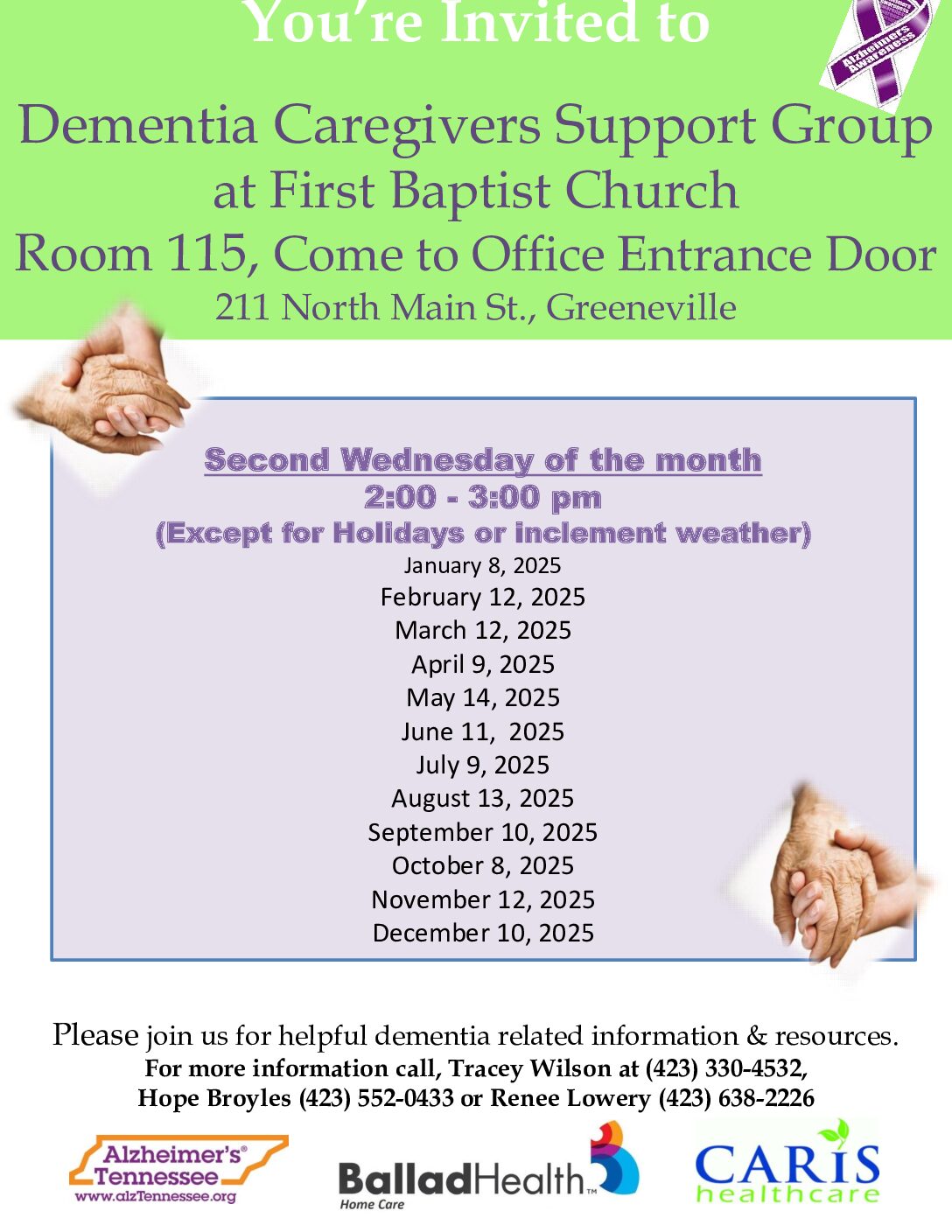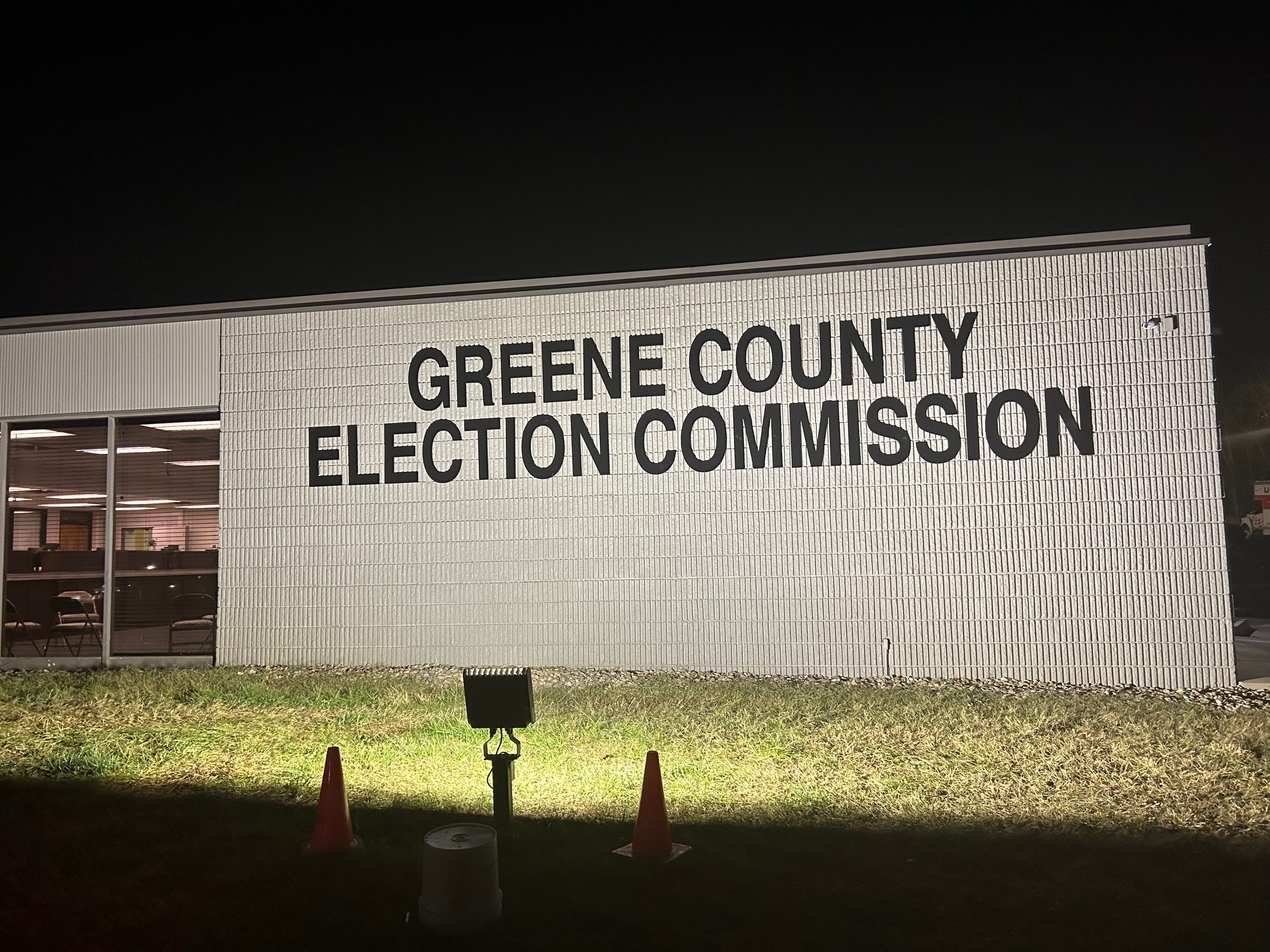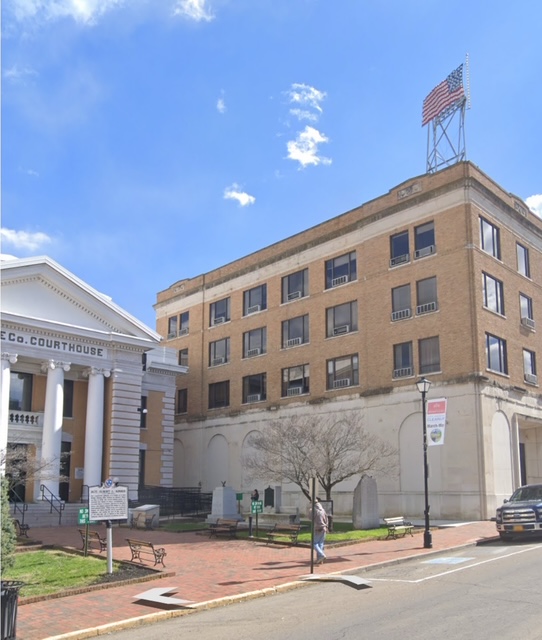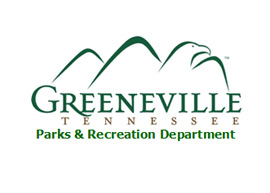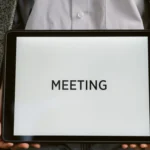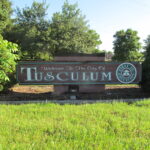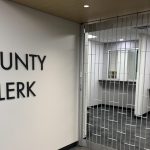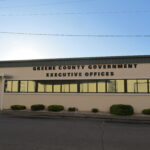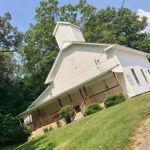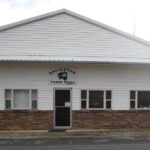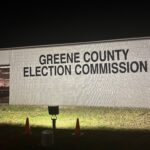U.S. Congressman John Rose has been in upper East Tennessee this week, including a stop in Greeneville on Thursday.
Rose is the first to “officially” announce his intentions.
Rose Thursday listed his list of top priorities:
#1 EDUCATION
And I will tell you every governor in my adult lifetime starting with Lamar Alexander, so I’ll date myself a little bit there, has made education a top priority, if not the top priority of their administration. Republican, Democrat alike, they’ve focused on trying to get education right, and we still have work to do. Now, that’s the bad news. We’re still not where we want to be. The good news is we’re making progress, and I would tell you recent governors, I think have made real progress in moving us in the right direction. And guess what? The scores confirm that. So the latest assessments of our students and their outcomes tell us we’re making progress in real terms and relative terms, and that’s a really good thing. You know, I’m competitive. My wife is competitive. We like to compete at things and one of the things that I’ve noticed through the years is when you’re competing, if you’re losing, you’re not that interested in the score. And so it’s not surprising that through the years Tennesseans have kind of groused about the scorekeeping when it comes to education. But now we’re winning. And I’ve always noticed that when you’re winning, you just can’t get enough of the score, right? You want it to be bright and lit up and you want it to be kept up to date, and you get upset if you score and it’s not updated right away. Well Tennessee’s winning and that’s a good thing. And keep this statistic in mind, this was developed by the folks at the state collaborative on reforming Education score. Here is an interesting observation. If over the next eight years, we got one more student in each classroom to attainment level, one more student in each classroom, to attainment level, each year for eight years in a row, we would be top 10 in the nation in every measure of education. And I say that not to say that’s easy, that’s hard. That would be hard to do, but it also is a very manageable goal if you stop and think about it gives us something that we can measure how we make progress, and it seems like it breaks it down into bites that we could actually take and succeed. And that ought to be the goal, because we want our children to have the best opportunities for the future and the best way to give them those opportunities is to prepare them for the jobs of the future. One of the commitments I’ve made is that if you hire me to be your next governor, I will choose a commissioner of Education who has spent time teaching in a Tennessee public school classroom. And I don’t say that to be tacky or chew on anyone or throw rocks at anyone. I say that because I think if we want our teachers to get us to success, they’ve got to know that the person leading them understands the challenges they face. And I think that matters a lot.
#2 INFASTRUCTURE
I could talk about this the rest of the day, but anybody who drives the roads of Tennessee knows what I’m talking about. We have gotten behind and we’ve been making efforts to catch up, and I applaud those efforts, but we frankly took our eye off the ball. 25 years ago Tennessee’s roads were ranked among the best in the country. That’s not true today. And we have both maintenance issues and expanding the total ability of our infrastructure to handle the load, the number of people that are coming here. All you have to do is drive across the state. And if you get on the interstate highway system, which you might say are some of our best roads, I dare say you won’t make it far before you come to a complete stop. And far too often, that’s not because there’s an accident or a wreck or construction, It’s just because there are too many people on too small of a system. And so we’ve got to work on that. Some other infrastructure that needs addressing, and I was talking to the mayor just as I came in the door, but we’ve got water treatment and wastewater treatment and solid waste disposal issues and anyone again who travels across the state knows not a public issue per se, but we don’t have adequate cell phone service. And if we want our rule areas to be successful, you have to be able to communicate. And so we’ve got infrastructure challenges. We’ve done a pretty good job with broadband access. The legislature has put a lot of emphasis on that, and not to say we’re done with that, will never be done with that probably, but we’re in a better place than most places across the country. But we’ve got infrastructure challenges.
#3 ACCESS TO HEALTHCARE
That’s true all across our state, but we do have a number of rural counties where we’ve lost rural hospitals where we don’t have adequate primary care. So access to health care and then a problem, and I know my law enforcement friends here, and if we have anybody in the healthcare space, raise your hand, I don’t see anybody, but if you talk to anyone in law enforcement or in the judicial system, or in the healthcare space, they will tell you we have a problem with mental health care in our state. If if we have people who are chronically mentally ill, they’re mostly turned in stuck in kind of a turnstile going around and around in the system, and they take up space in our jails, and they take up the time of our law enforcement officers and they clog our emergency rooms, and far too often, when you see someone who is homeless, it turns out they’ve got a chronic mental illness of some sort, and we’re not taking care of that. So we’ve got to work on that. We do have counties, interestingly enough, and I know Greene County is blessed not to be one of these, but we have counties in our state where there is not a hospital, there’s not an emergency room, there’s not a convenient clinic, and there are no primary care physician, in entire counties. So think about that, if you have a problem, you either go to the health department or you leave the county to find care. That’s not acceptable, and we need to work on that and make sure that we can bring care to our counties. The district that I represent in Congress, we have five counties, five of 19 counties that don’t have a hospital, and we’ve lost two, just in recent years. And I say all that to say, part of the answer, I think we’ve found by working with Fentress County, Jamestown, if any of you have ever been there. They now have a stand alone emergency department, which is the product of a public nonprofit partnership between Fentress County and UT Medical Center, where they have brought a stand-alone emergency room there to back fill for losing their hospital, and that’s actually working really well. We worked with them to get the funding from Medicare services to make that work. And I think that could be the blueprint for how we address this problem in other counties around the state.
#4 ACCESS TO ENERGY
Everybody remembers a year and a half ago that we had rolling brownouts and blackouts. We’ve never had to really think about that before. We’ve been blessed to live here in the Tennessee Valley, I say never before, not since the origins of TVA 92 years ago we haven’t had to think about that a lot, but now we find ourselves at a point when, and this is somewhat a self inflicted wound, I will tell you, not so much by in Tennessee, but national decisions that have been made, but we don’t have enough electricity to supply all of our needs. And what has become evident is that we’re actually turning away businesses. You may not realize that, but Tennessee is saying no to businesses that want to come here because we can’t promise them that we’ll have the electricity they need to operate. We don’t need to be in that position. And again, I applaud the current governor of Governor Lee and the legislature for providing important resources and providing leadership to try to make sure that Tennessee is in a leadership position for addressing that issue, because it’s a national issue. It’s not just a Tennessee issue, but if we take care of that, Tennessee will be in an enviable position down the line, and we’ll be able to be very selective with respect to the businesses we bring here.
#5 ECONOMIC AND COMMUNITY DEVELOPMENT
I know maybe the whole group here you would count yourself as engaged in that space. I know your chamber people are here and your economic development people are here, but we’ve got to always be working on that. The thing that I would add to that is, I think as a state we want to be in a position where we do two things maybe a little bit differently than we’ve done before. Number one is, I think we always want to be encouraging the development of local businesses. We want to incentivize our local entrepreneurs to start businesses and grow them here locally, because those are the very best businesses. And number two, we want to be selective, more selective I would argue, about the businesses that we recruit to come to Tennessee. First of all, we want those to be jobs that we want our children to have in the future, and second of all, we want the businesses that come here, the businesses that come here to be businesses that embrace our values. We don’t want to be in a position where we have businesses that come here and then tell us, y’all are a bunch of hay seeds, you need to change your values. We’re pretty comfortable with that. That’s part of what makes Tennessee special. And so we want businesses to come here that want to embrace who we are as Tennesseans and what we believe.
Rose, an eighth generation Tennessean, a farmer, small business owner and currently represents the sixth District of Tennessee in the U.S. House of Representatives. He is from Cookeville.





